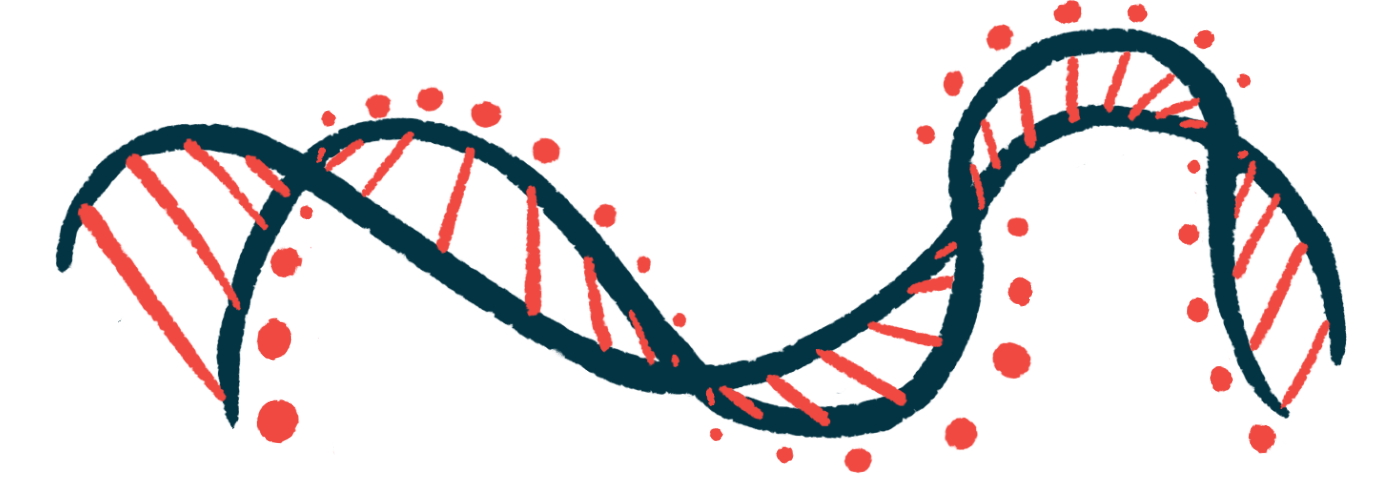Collaboration aims to unravel role of DNA damage in ALS
Broken String, Francis Crick to use mapping to study cell repair process
Written by |

Scientists at Broken String Biosciences and the Francis Crick Institute are teaming up to study how genomic instability, or an increased tendency to DNA mutations, contributes to amyotrophic lateral sclerosis (ALS).
The findings may shed light on the mechanisms leading to sporadic cases of ALS, the term used for cases in those with no known family history of the disease, and potentially help to devise new approaches for improved diagnosis and treatment of ALS patients.
The researchers will use Broken String’s INDUCE-seq technology to identify breaks in DNA in order to track genomic instability and better understand its role in disease.
“This collaboration with the Crick Institute is validation of our differentiated approach to DNA break-mapping,” Felix Dobbs. PhD, CEO of Broken String, said in a press release announcing the collaboration.
The project is “a fantastic opportunity to apply our expertise across other key research areas to support the advancement of human health,” Dobbs said. “There is an unmet clinical need for effective ALS treatments, as well as strategies for earlier diagnosis that can significantly improve patient outcomes.”
DNA provides cells with the instructions for making all their proteins, and the genetic code stored in DNA is vital for cellular function. Cells have molecular mechanisms to repair damaged DNA, but they aren’t perfect, and the process can result in small changes and mutations in the genetic code. Genomic instability refers to a higher than normal frequency of mutations in certain cells due to defects in the repair machinery.
Exploring how failures in cell repair lead to ALS
Simon Boulton, PhD, principal group leader and assistant research director at the institute, said the research is “focused on exploring how cells repair damage to their DNA, and how failures in this process lead to disease.”
“We are excited to leverage the INDUCE-seq platform’s unique capabilities in directly measuring and quantifying DNA double-strand breaks, and applying this to deepen our understanding of diseases that have genomic instability as a contributing factor, such as ALS,” Boulton said.
Joining Boulton on the project is Crick researcher Nishita Parnandi, PhD, who like Boulton is an expert on DNA damage. Crick researchers who focus on ALS, including senior group leader Rickie Patani, PhD, and visiting scientist Giulia Tyzack, PhD, also will be involved, as will Simon Reed, PhD, co-founder and CSO at Broken String.
“Following exploratory work with Professor Reed, we were keen to collaborate with Broken String,” Boulton said.






